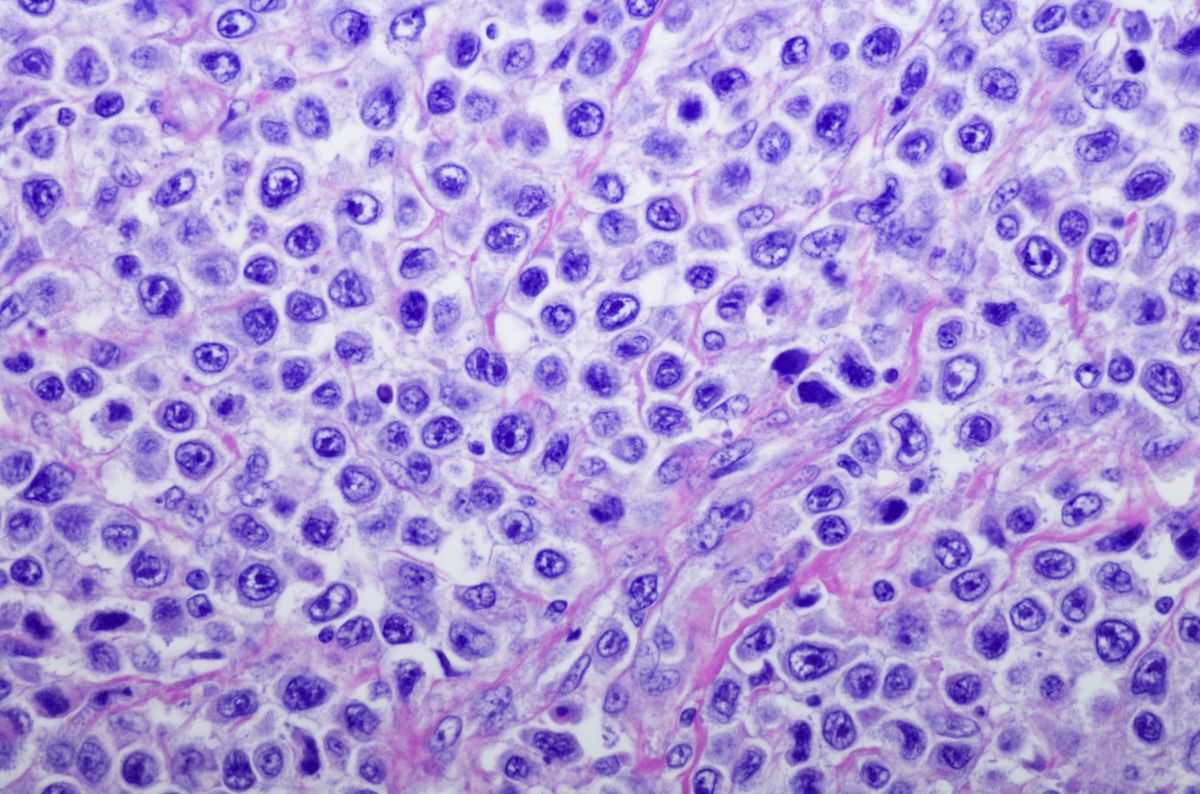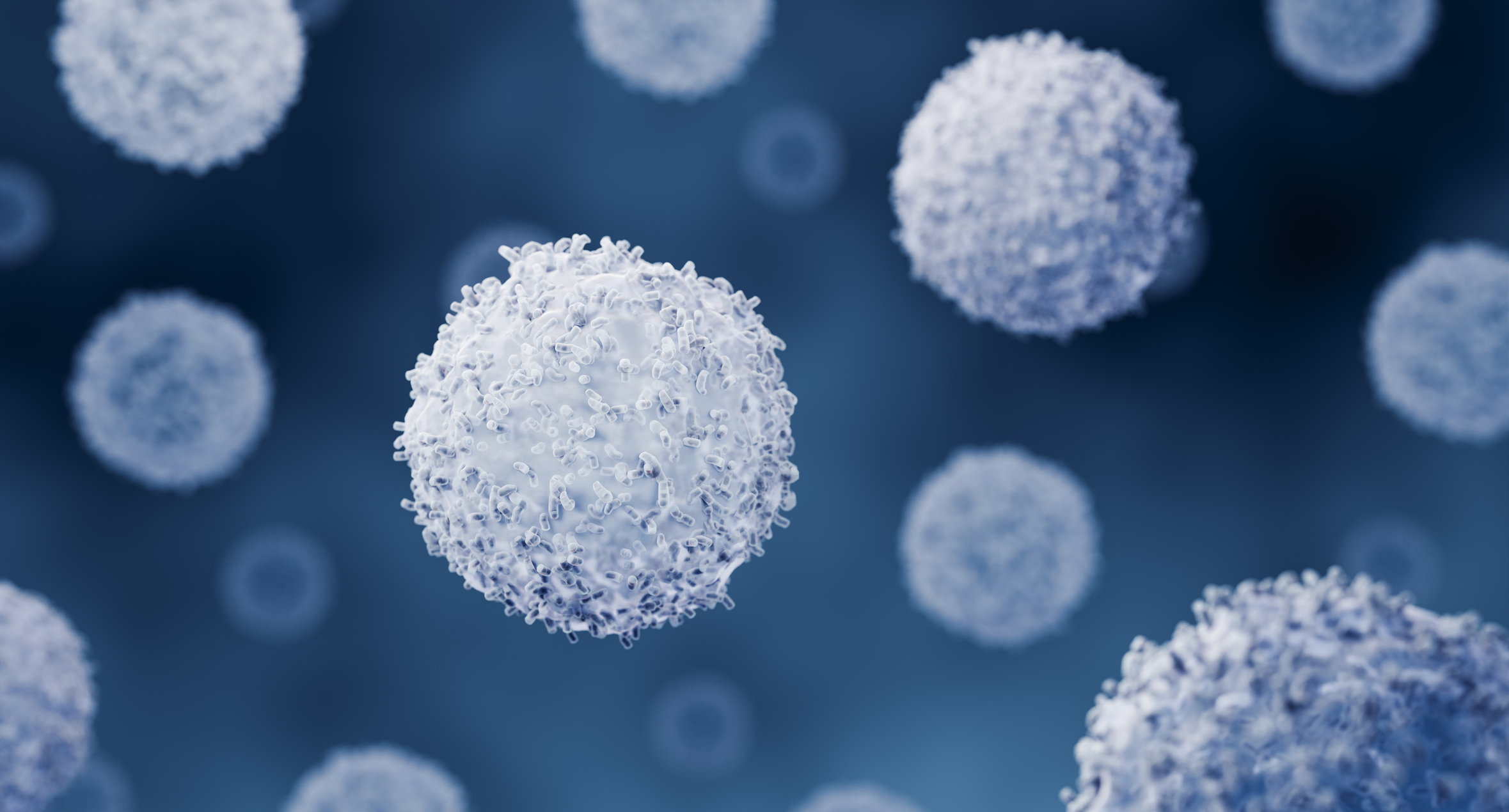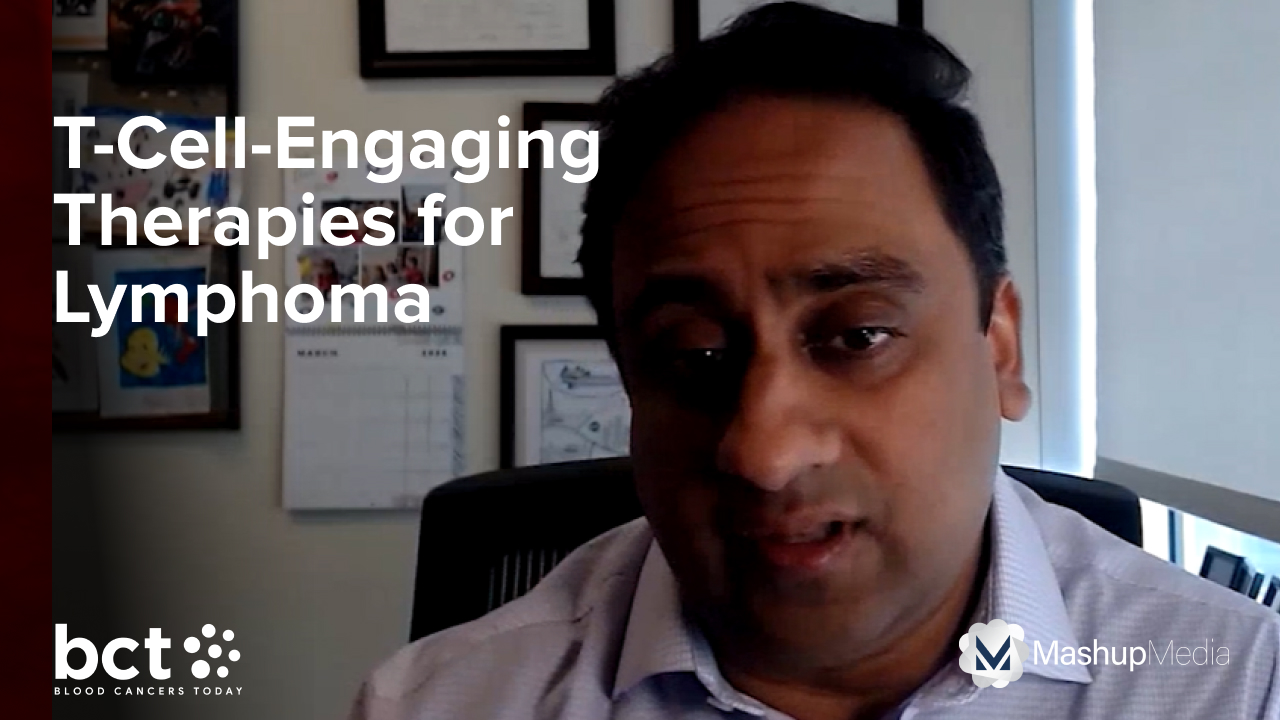
T-cell antigen receptor beta-chain constant domain 1(TRBC1)-directed autologous chimeric antigen receptor (CAR) T-cell therapy is under evaluation in a phase I/II trial for relapsed or refractory TRBC1-positive peripheral T-cell lymphoma (PTCL). Encouraging findings from an ad-hoc interim analysis of the study have been published in Nature Medicine.
Lead author Kate Cwynarski, MD, PhD, of University College London, United Kingdom, explained the need for this study is that, “[u]nlike B cell lymphomas, treatment of PTCL has not benefited from advances in immunotherapy. This is largely due to a lack of suitable target antigens that discriminate malignant from normal T cells.”
The ad-hoc analysis from this international, single-arm study involved a cohort of ten patients with a median age of 55 years. Eight had stage III or IV disease and five had relapsed disease. The patients received TRBC1-directed CAR T-cell therapy in a single intravenous infusion, dosed at 25 x 106, 75 x 106, 225 x 106, or 450 x 106 cells.
Median follow-up was 13.8 months for the ten infused patients, who had a median progression-free survival of 4.7 months, with median overall survival not reached. The best overall response rate after infusion, observed on positron emission tomography with computed tomography (PET-CT), was six of nine patients. A complete metabolic response occurred in four patients, two of whom had remission that lasted beyond one year, and three patients had no response. Among all patients who had response, the median duration of remission was 5.3 months.
“While an absence of circulating CAR T cells was observed, CAR T cells were readily detected in lymph node biopsy samples from sites of original disease suggesting homing to tumor sites,” wrote Dr. Cwynarski.
Four of the ten patients experienced cytokine release syndrome (CRS) of any grade, all of whom had received the 450 x 106 cells therapy dose. In these patients, CRS had a median onset of one day and a median duration of two days. Three patients had grade 1-2 CRS. Grade 3 CRS occurred in one patient and resolved in three days. Two patients received tocilizumab to treat CRS, but no patients were administered steroids. No occurrences of immune cell-associated neurotoxicity syndrome or dose-limiting toxicity were seen in any of the patients.
Eight of the ten infused patients remained alive at last follow-up, with two mortalities due to underlying disease at study day 190 and 294.
Reference
Cwynarski K, Iacoboni G, Tholouli E, et al. TRBC1-CAR T cell therapy in peripheral T cell lymphoma: a phase 1/2 trial. Nat Med. 2024. doi:10.1038/s41591-024-03326-7






 © 2025 Mashup Media, LLC, a Formedics Property. All Rights Reserved.
© 2025 Mashup Media, LLC, a Formedics Property. All Rights Reserved.